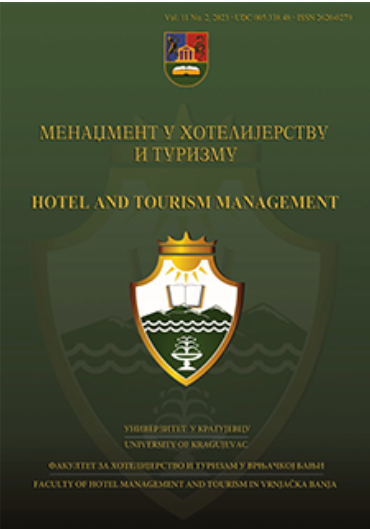Abstract
Purpose – This study aims to determine the impact of cultural traits on restaurant service quality and infer implications for the hospitality sector. Specifically, it investigates which of Hofstede‘s cultural dimensions correlate with superior service. Methodology – The research analyzes 35,000 customer reviews from restaurants in 80 capitals worldwide. It employs a
multivariate multilevel model to explore the effects of cultural dimensions on service ratings, complemented by qualitative evidence. Findings – The results reveal that positive customer service evaluations are significantly linked to low power distance, high uncertainty avoidance, and low indulgence (restraint). Additionally, sector-specific cultural traits such as collectivism for hotels and uncertainty avoidance for restaurants are found to be crucial. Implications – This study provides both theoretical and practical insights into the cultural influences on hospitality service quality. It offers valuable guidance for leveraging these insights in staff recruitment and training, ultimately enhancing service delivery and business performance in the hospitality industry. By understanding and integrating cultural dimensions, hospitality businesses can improve their service quality and customer satisfaction

